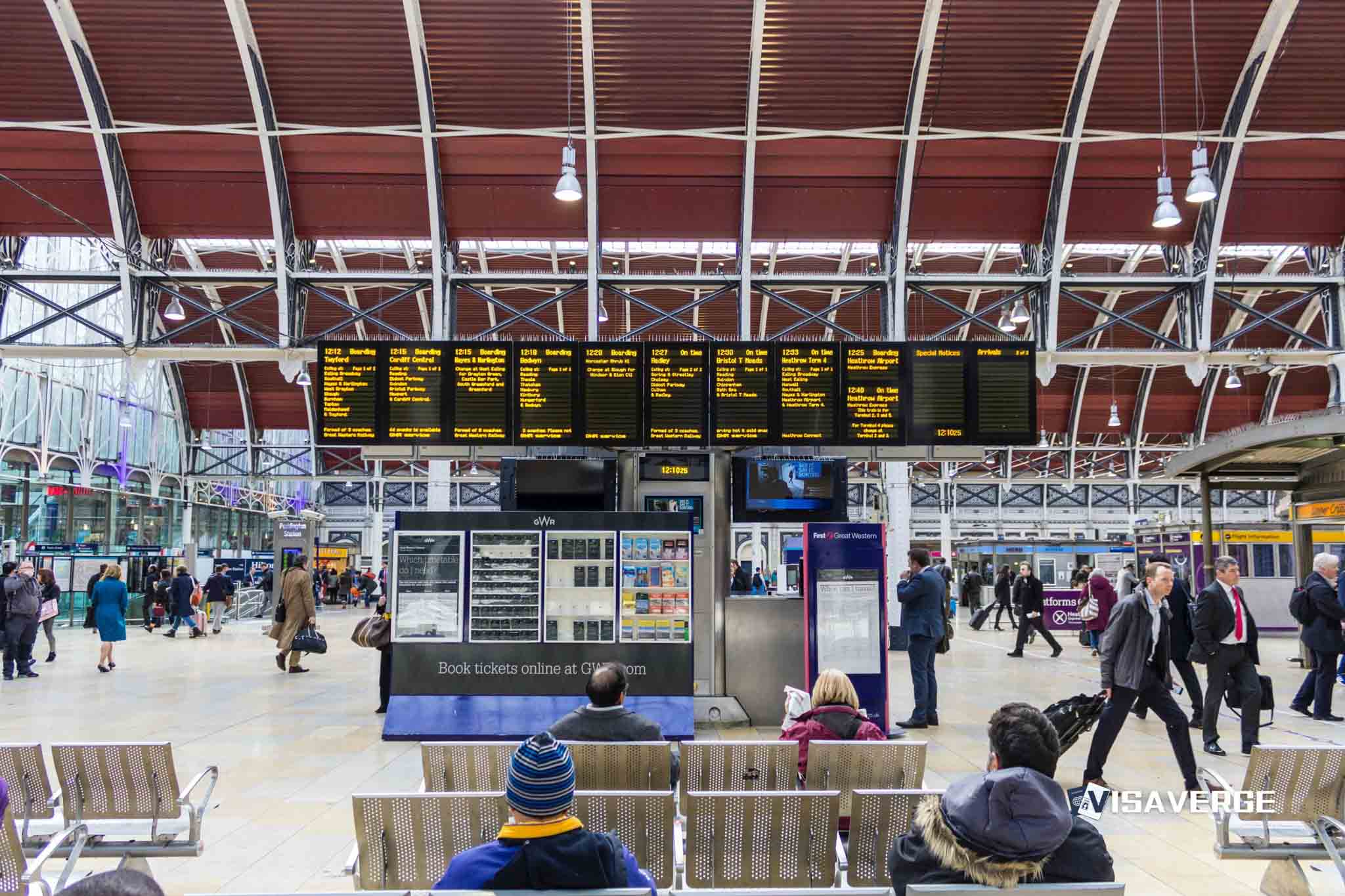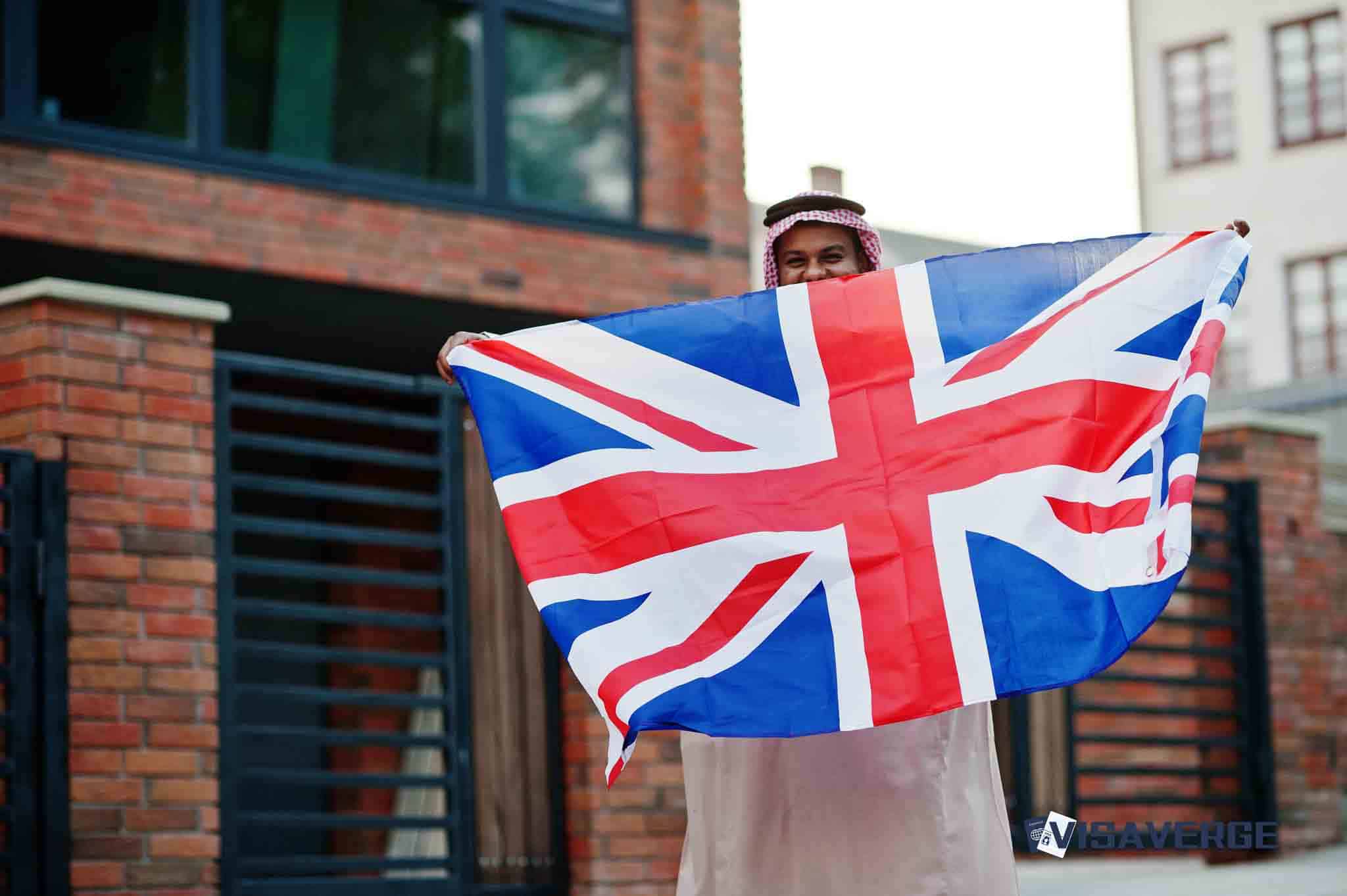The U.S. Federal Aviation Administration has warned airlines of a potentially hazardous situation in Venezuelan airspace, issuing a new security notice for flights on November 21, 2025. The directive covers the MAIQUETIA Flight Information Region (SVZM FIR), which includes all of Venezuela’s territory and a large stretch of the Caribbean Sea. U.S. officials say worsening security conditions and heightened military activity could threaten civilian aircraft at any altitude. The warning applies to overflights, arrivals, departures, and even aircraft parked on the ground. While not a complete ban, the move sharply raises concerns for passengers, crews, and airlines operating near the country.
Main hazards cited by the FAA

According to the FAA notice, operators should exercise extreme caution when flying in the region, as threats “could pose a potential risk to aircraft at all altitudes.” The agency highlights two main dangers:
- Increased GNSS (GPS) interference affecting navigation.
- Ongoing military drills in and around Venezuelan territory.
Such GNSS interference can cause aircraft instruments to display incorrect positions or lose satellite signals altogether. For flights already operating close to conflict‑sensitive borders, even short disruptions may create confusion in crowded air corridors. Aviation security specialists say these combined risks make the airspace far more unpredictable than on typical commercial routes.
“Operators are advised to exercise caution when operating in the MAIQUETIA Flight Information Region (SVZM FIR) at all altitudes.”
—FAA advisory
Effective period and operational requirements
The advisory is effective from November 21, 2025, through February 19, 2026, giving airlines a three‑month window during which extra caution is urged.
Key operational requirements for U.S. air carriers and commercial operators:
- Provide the FAA with at least 72 hours’ advance notice before entering Venezuelan airspace.
- The 72‑hour notice requirement also applies to flights that only overfly the country without landing.
- Report any security or safety incident in the MAIQUETIA Flight Information Region (SVZM FIR) immediately to the FAA’s Washington Operations Center.
Officials say early notice and rapid reporting will help track patterns of GPS interference and military activity in real time.
Quick reference — advisory timeframe and contact
| Item | Detail |
|---|---|
| Effective from | November 21, 2025 |
| Effective through | February 19, 2026 |
| Advance notice required | 72 hours |
| FAA Washington Operations Center (urgent) | +1 (202) 267‑3333 |
Impact on airlines and passengers
Major U.S. carriers — including American Airlines, United, and Delta — are reassessing routes that normally pass near Venezuela or use its skies as a shortcut between North and South America. Possible airline responses and passenger impacts:
- Airlines may reroute over the open Atlantic or through neighboring regions, increasing flight time and fuel costs.
- Passengers could face longer journeys, schedule changes, or flight cancellations when alternate routes are impractical.
- Travel to Caribbean islands and nearby South American countries may be especially affected.
- Increased routing complexity adds operational pressure to airlines already operating on tight margins.
Effects on travelers with immigration or family ties
For people with immigration cases, consular appointments, or family ties in the region, the warning may deepen uncertainty about travel plans. Points to consider:
- Many travelers rely on affordable connections through Caribbean hubs near the MAIQUETIA FIR.
- If airlines shift away from those paths, options may become fewer and more expensive.
- Rerouting can make urgent trips harder when legal deadlines (e.g., asylum interviews, court dates) approach.
- Analysis by VisaVerge.com notes that past airspace advisories have sometimes led to months of indirect schedules before routes stabilize again.
Security context and geopolitical backdrop
The warning arrives amid broader tensions between Washington and the government of President Nicolás Maduro, which the United States continues to reject as legitimate. It also follows increased U.S. military activity in the wider Caribbean, including bomber flights and the deployment of the USS Gerald R. Ford aircraft carrier close to Venezuela.
Although the FAA notice does not directly mention these deployments, they form part of the backdrop to the assessment of a potentially hazardous situation. For pilots, any spike in regional military movements raises concern about miscommunication between civil and defense authorities — a concern magnified where political disputes with the United States are already intense.
Who else is affected and how they’re responding
- Foreign airlines are closely tracking the situation; many share the same high‑altitude corridors and may voluntarily follow FAA guidance.
- Code-share partners or carriers carrying large numbers of U.S. citizens are likelier to align with the advisory.
- Travel agents and corporate clients often react to such alerts by reassessing travel safety for staff and travelers.
- Individual travelers (international students, new residents, migrants) may rethink itineraries that pass over or near Venezuelan territory.
The FAA has emphasized the advisory is precautionary rather than a response to a specific recent attack on civil aviation.
Safety and legal considerations
Industry lawyers note that formal FAA notices can matter in later legal disputes if passengers challenge the safety of a chosen route. By publicly flagging GNSS (GPS) interference and other threats, regulators document that airlines were on notice when planning flights.
The FAA security office continues to receive incident reports at its Washington Operations Center and has urged airlines and pilots seeking detailed guidance to review its official international restrictions and advisories on the FAA website: https://www.faa.gov/air_traffic/publications/us_restrictions
Practical advice for travelers
- Check flight status frequently and allow extra time for journeys that involve the wider Caribbean region.
- Expect potential schedule changes, longer routings, and higher fares on affected itineraries.
- If you have time‑sensitive immigration or legal travel requirements, contact your carrier or legal representative early to discuss contingency plans.
Important: The advisory highlights risks not only to aircraft in flight but also to airports and aircraft on the ground. Military activity combined with GNSS interference can increase the chance of misidentification or accidental entry into sensitive zones.
If you need more specific guidance on affected routes or alternatives, contact your airline or travel agent for the latest operational updates.
On November 21, 2025, the FAA issued a security advisory for Venezuela’s MAIQUETIA FIR citing GNSS interference and intensified military drills that could endanger aircraft at all altitudes. The notice, effective through February 19, 2026, requires U.S. carriers to give 72 hours’ advance notice and to report incidents immediately to the FAA’s Washington Operations Center. Airlines are reassessing routes, potentially increasing flight times and costs, while passengers should expect schedule changes and possible disruptions.













